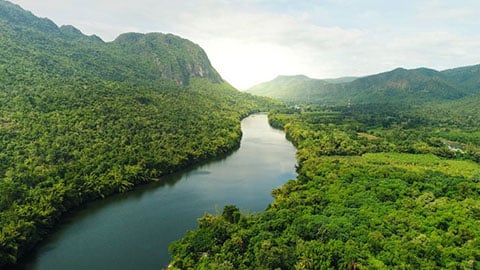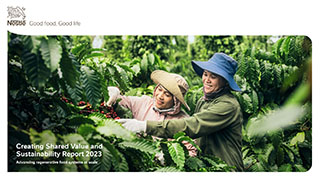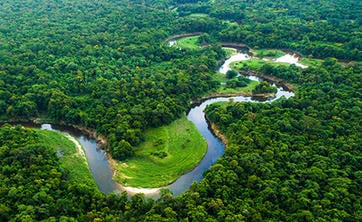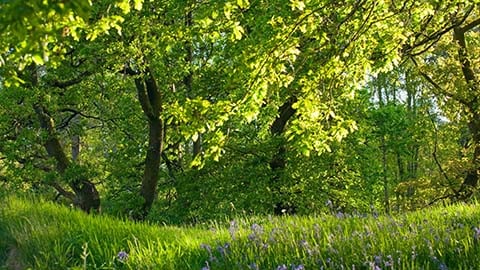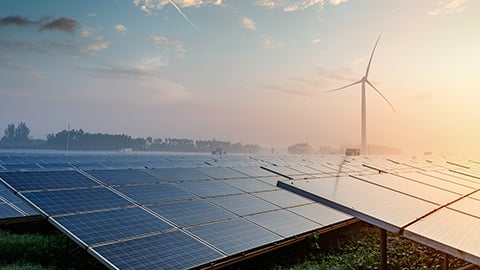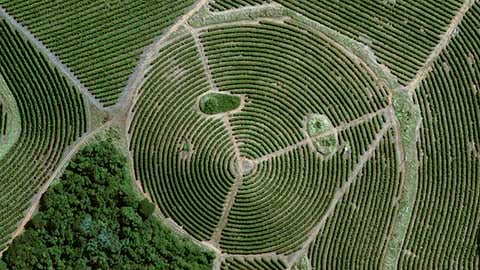Our Forest Positive strategy

Our Forest Positive strategy forms a key part of our Net Zero Roadmap and builds on our decade-long work to end deforestation in our supply chain.
Our strategy includes mitigating deforestation risks, helping to conserve and restore forests and landscapes, and respecting community and land rights.
Nestlé’s Global Reforestation Program is helping us to implement our strategy at scale – providing a pipeline of projects that aims to plant and grow 200 million trees by 2030. Nestlé’s progress in tackling deforestation and safeguarding human rights has been recognized by external ranking bodies – Nestlé topped the World Benchmarking Alliance (WBA) Nature benchmark in 2023. In 2024, Nestlé was recognized in the Forest 500 as the company that scored the best over the last decade on our actions on deforestation, conversion and safeguarding human rights.
Forest Positive progress
Our Forest Positive strategy
To reach our goal of achieving deforestation-free supply chains, we must first understand and address the drivers of deforestation for our key forest-risk commodities. We then examine our supply chains within the context of the landscapes they are a part of, striving for a responsible and holistic approach that also benefits the wider ecosystem.
To help strengthen our strategy, we have created a Forest Positive External Advisory Council. The Council is composed of independent experts from civil society, academia and technical organizations. This helps us develop a transparent, credible and science-based approach. We track the Council’s recommendations and actions implementation progress in a public report. Read our Nestlé Forest Positive External Advisory Council report 2021-2022 (pdf, 2Mb).
Forest conservation and restoration is about much more than keeping trees standing and natural ecosystems intact. It is also about supporting resilient livelihoods for farmers and human rights.





